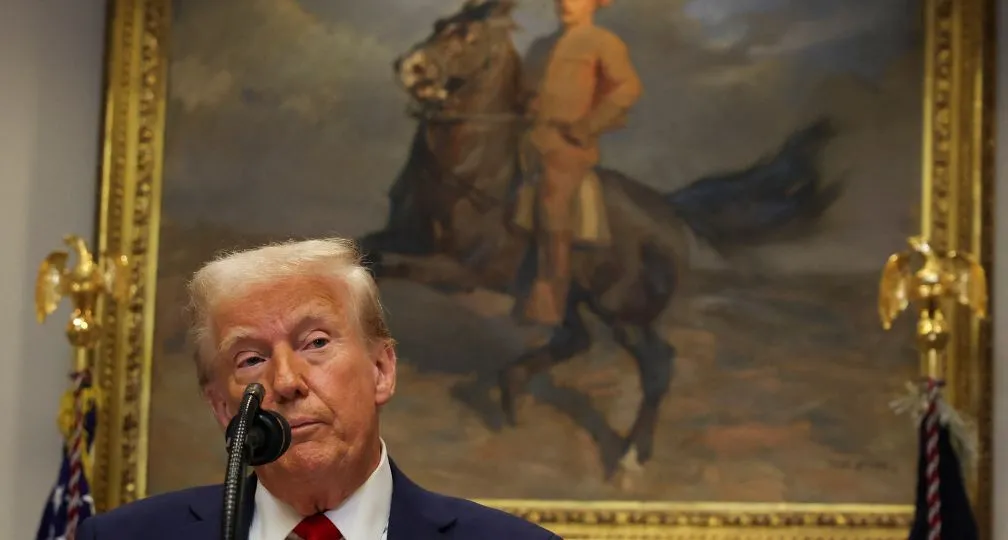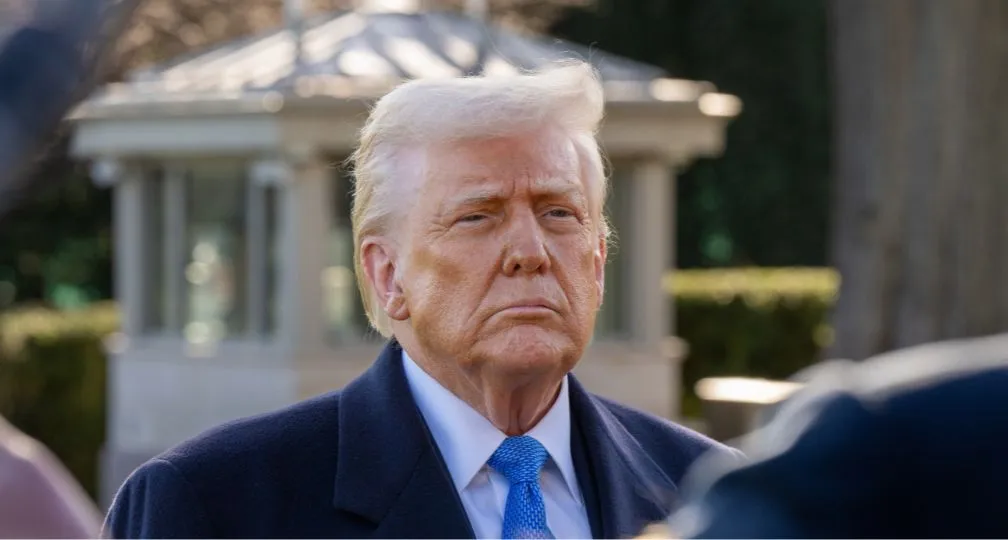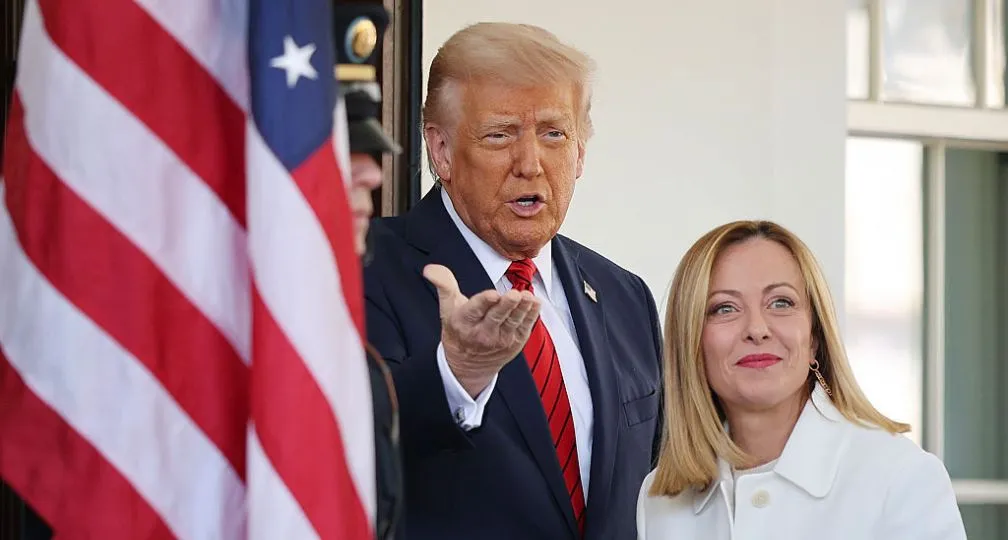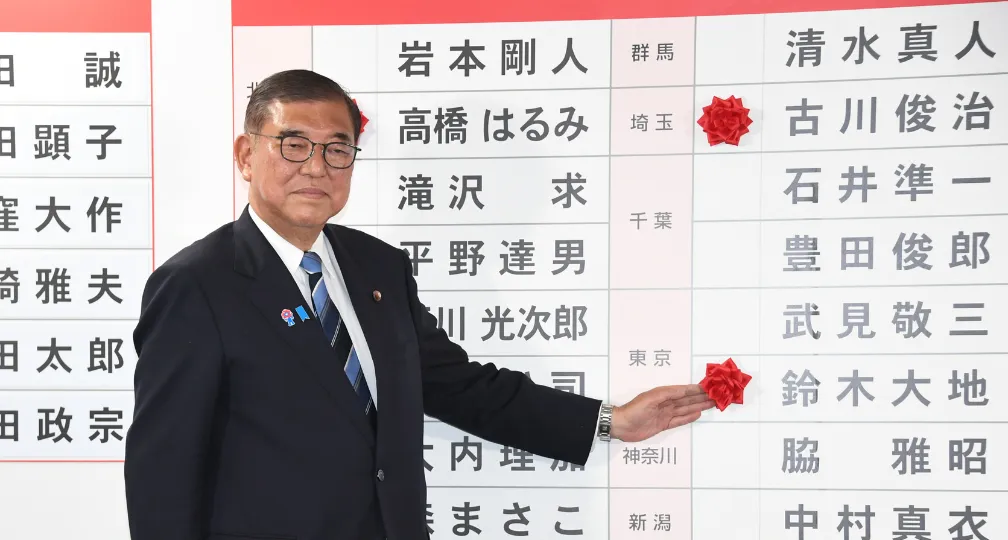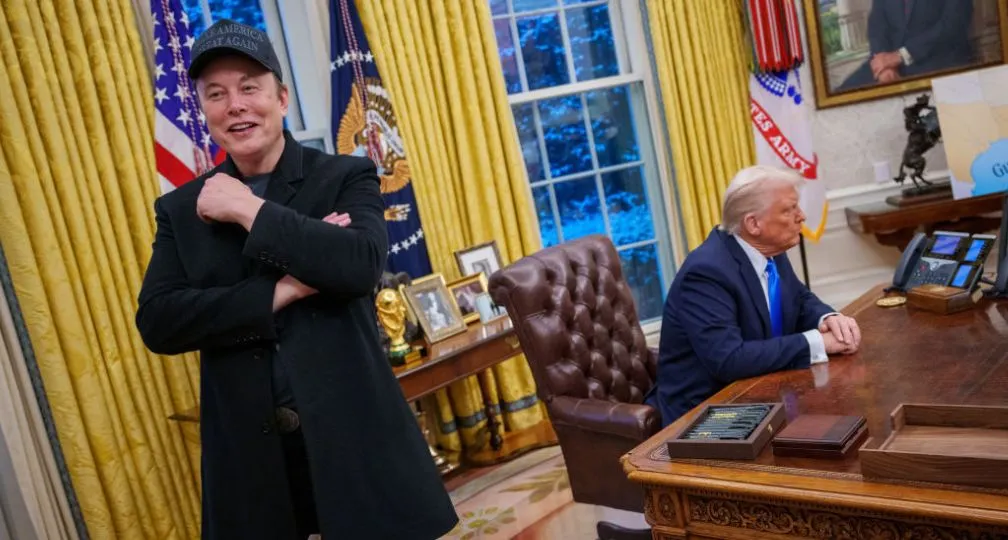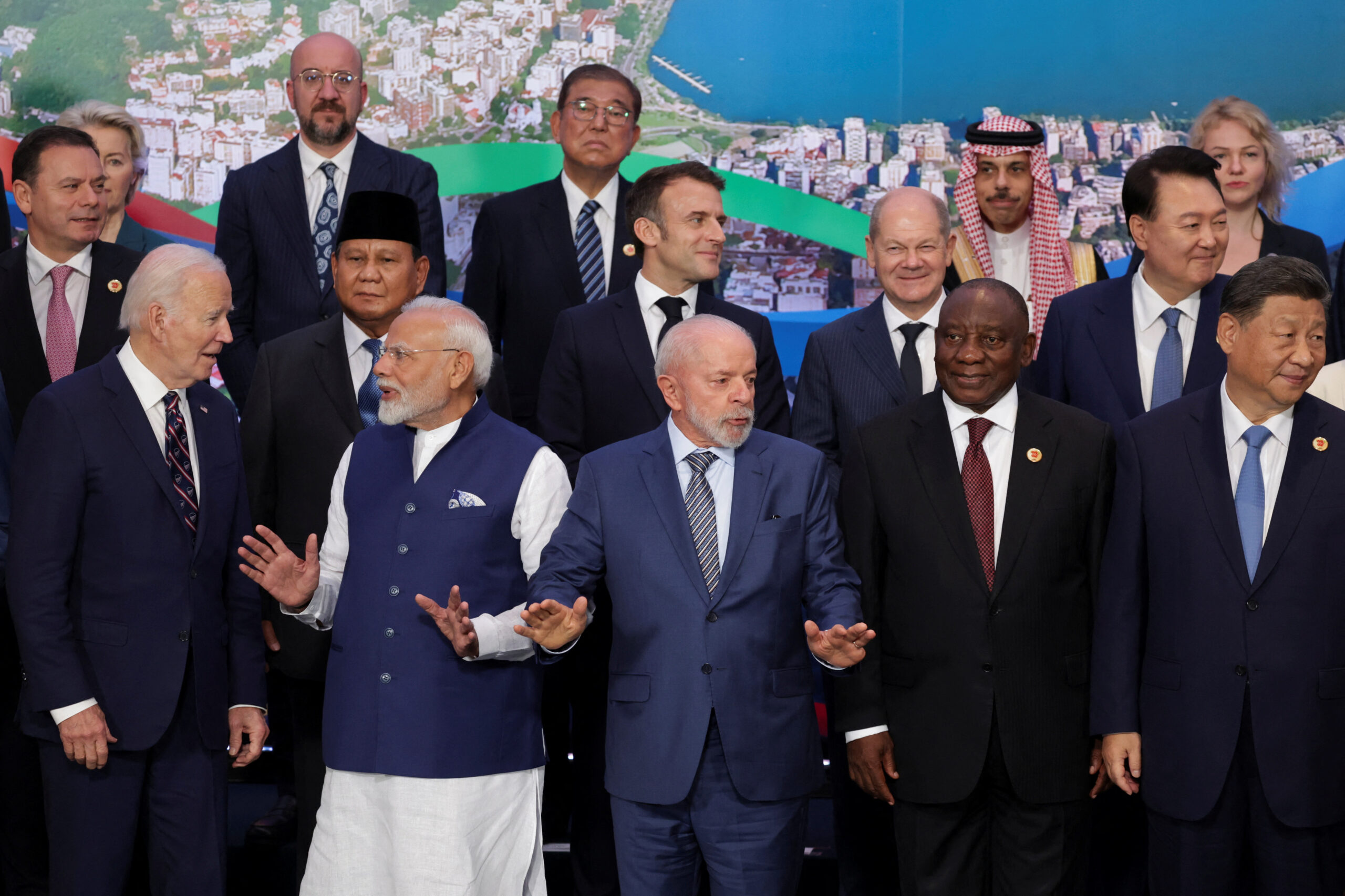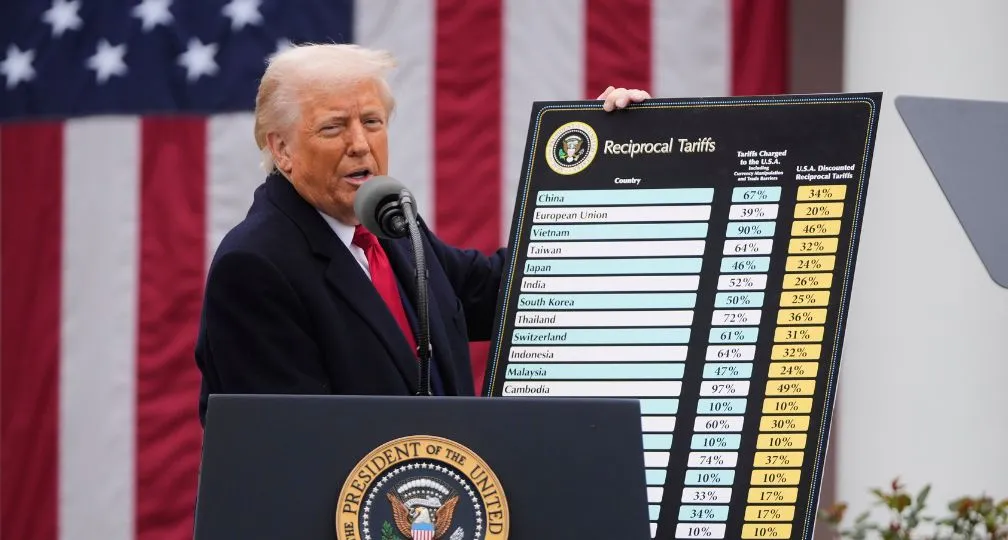The transformation of American liberalism

Liberalism is based on the universality of individual dignity and autonomy, which are viewed as equal and respected among all under the principle of tolerance. Especially in Japan, “liberal” may be understood as a term for a center-left stance favoring government intervention. Here, however, liberalism is understood not as a policy position but as an ideology about the human condition.
Fragmentation and conflict
Liberalism in the U.S. today is the product of overextending the idea of individual autonomy, resulting in selfishness, and, at the same time, a return to traditional morality: A complex and intertwined process that has resulted in polarization.
The assertion of minority rights on the basis of gender and race has radicalized into identity politics, resulting in left-wing populism — clearly represented by the cancel culture of the woke movement. This has added fuel to the fire of right-wing populism, spearheaded by conservative and anti-immigrant white leaders. Both extremes are, to varying degrees, driven by emotion rather than reason and becoming increasingly exclusionary due to the absence of self-reflection.
The end of the Cold War and the advent of globalization have indirectly led to this schism. After the Cold War, ideological conflicts were replaced by a burgeoning movement to improve minority rights. In parallel, the economic disparities created by globalization have led to discontent, especially among young people on the left and middle classes on the right.
The growing number of immigrants and the strengthening of other minority movements, as well as the backlash against China’s rise and an erosion of U.S. global hegemony, have also led to nostalgia for the “good old days” of postwar America, centered on white and Christian interests.
American liberalism, with its penchant for self-criticism and tolerance, was able to gradually address the problem of racism. However, the excess of the ideology in recent years has led to further polarization.
One example is the Black Lives Matter movement, which emerged to protest the murder of a Black man and the acquittal of the white police officer who killed him. Parts of the BLM movement became violent and embraced an ideological interpretation of historical facts. On the other hand, white nationalism has grown in part as a reaction to BLM.
Fragmentation is also manifesting itself through partisan rivalries and populist pandering. In both the Democratic and Republican Parties, the mainstream factions have lost their centrist appeal and more radical elements are on the rise.
Yet intolerance, amplified by division, paralyzes democracy. Unable to forge consensus through deliberation and compromise, left- and right-wing extremists are obsessed with winning elections. The most symbolic example is the 2021 attack on the U.S. Capitol by a pro-Trump mob that refused to accept his electoral defeat.
International implications
The shift in American liberalism has led to a weakening of the liberal international order, which is based on the idea that greater freedom, democracy and human rights lead to peace and prosperity for all. America-firstism and its retreat from international cooperation signal a decline in U.S. aspirations of being a benevolent hegemon.
Once in office, Trump withdrew from the Trans-Pacific Partnership (TPP) and Paris Agreement to protect American industry and jobs. He also announced the country’s withdrawal from the World Health Organization and took an aggressive stance toward NATO. President Joe Biden has also shown glimpses of this “America first” approach: While he got the U.S. back into UNESCO and the Paris Agreement and reversed the process of withdrawing from the WHO, he did not rejoin the TPP, advocating instead for a “foreign policy for the middle class.”
Under Biden, Republicans have persistently opposed Democratic proposals for additional aid to foreign allies, tapping into voter discontent and growing fatigue with military assistance to Ukraine.
Despite the dispute over the debt ceiling instigated by hard-line Republicans last year, Biden was able to attend the Group of Seven summit in Hiroshima in May. However, he was forced to abandon his visit to Papua New Guinea to meet with Pacific island leaders to return to the U.S. and resolve the debt ceiling crisis — a missed opportunity to boost America’s clout in the Western Pacific, where China’s presence is increasingly felt.
Furthermore, the Biden administration’s tolerance toward and support for Israel’s invasion of Gaza has resulted in America’s isolation at the United Nations and a revival of anti-American sentiments in parts of the world. Washington’s stance is partly due to the powerful Jewish lobby’s support in the context of intensifying electoral competition with Republicans. However, there are fears that U.S. authority could be undermined internationally in the long term.
In the midst of heated partisan conflict, there is bipartisan support in the U.S. for a hard line against China, with the risk that this could lead to ill-considered policies resulting in military conflict — a danger heightened by America’s fear that its hegemony is under threat.
Worse, the race issue — which American liberalism has failed to resolve — has provided China with an excuse for dismissing American criticism of its human rights violations, particularly in the wake of the BLM movement. The Chinese government also used the attack on Congress to decry a breakdown in American democracy and assert the validity of Chinese-style “democracy.”
Relying on liberalism
The U.S. should restore the original idea of liberalism based on tolerance, not only for itself but for the international order. Liberalism presupposes a world where everyone pursues their own values without interference from others. However, the balance between freedom and equality is the result of compromises that depend on specific political situations, which can vary.
Liberalism therefore embraces diverse views and guarantees pluralism in values — which is different from relativism. In a pluralistic society, the minimum human standards to be met are order, protection, trust, cooperation and security — and given the widening inequality gap, security may also include economic welfare.
Internationally, it is important not only to restore and maintain American cooperation, but respect the diverse equations with which different countries and cultures balance freedom and equality. When it comes to authoritarian states, it is important to sound the alarm against exclusive nationalism and the suppression of human rights, but to continue to dialogue and cooperate with them to search for compromises and maintain stable relations.
It is liberalism’s tolerance that allows for maintaining free speech and dialogue, straddling divides and mending divisions. Moral criticism of other countries based on American values is unlikely to win the favor of the many countries in the Global South that have experienced colonialism — let alone China. Pluralism in values is, instead, a more realistic goal, also considering that Asia and Africa are expected to account for 80% of the world’s population in the second half of the century.
America’s recent policy towards China has shown signs of shifting from decoupling to derisking. That Washington compartmentalized sensitive trade issues like semiconductors from other areas is a positive step. As social divisions and conflicts emerge among liberal nations, learning from America’s experience will help protect and strengthen the international liberal order.
[Note] This article was posted to the Japan Times on August 28, 2024:
https://www.japantimes.co.jp/commentary/2024/08/28/world/transformation-of-american-liberalism/
-
 Will Trump’s tech policies propel U.S. success against China?2025.08.08
Will Trump’s tech policies propel U.S. success against China?2025.08.08 -
 The “Reciprocal” Tariffs Are Now in Effect – But for How Long?2025.08.07
The “Reciprocal” Tariffs Are Now in Effect – But for How Long?2025.08.07 -
 The rift between Trump and the EU: can Italy’s Meloni become a bridge-builder?2025.08.06
The rift between Trump and the EU: can Italy’s Meloni become a bridge-builder?2025.08.06 -
 Tariff Tracker: A Guide to Tariff Authorities and their Uses2025.08.06
Tariff Tracker: A Guide to Tariff Authorities and their Uses2025.08.06 -
 Japan’s Upper House Election: Political Fragmentation and Growing Instability2025.07.25
Japan’s Upper House Election: Political Fragmentation and Growing Instability2025.07.25
 Japan’s Upper House Election: Political Fragmentation and Growing Instability2025.07.25
Japan’s Upper House Election: Political Fragmentation and Growing Instability2025.07.25 Why the EU economy faces hard choices between Trump and China2025.07.24
Why the EU economy faces hard choices between Trump and China2025.07.24 The “Reciprocal” Tariffs Are Now in Effect – But for How Long?2025.08.07
The “Reciprocal” Tariffs Are Now in Effect – But for How Long?2025.08.07 DOGE Shock and Crisis in U.S. Credibility2025.07.14
DOGE Shock and Crisis in U.S. Credibility2025.07.14 Unchecked and unbalanced: The future of U.S. economic policymaking2025.07.07
Unchecked and unbalanced: The future of U.S. economic policymaking2025.07.07


